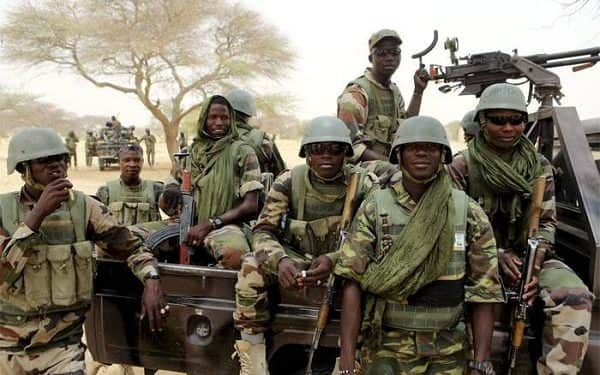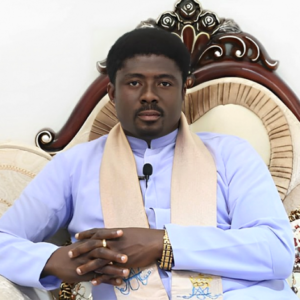
Tens of thousands of Malians took to the streets of Mali’s capital, Bamoko, welcoming the US-trained Col. Assimi Goita, to show their satisfaction towards the August 18 military coup, following months of protest seeking the departure of the ousted President, Ibrahim Boubacar Keita.
In the buildup to the crisis, the movement of June 5th – Patriotic Forces Gathering (M5-RFP) also accused Keita of allowing Mali’s economy to collapse and of mishandling a security situation in the northern and central regions that have entangled regional and international governments, as well as a United Nations mission that is considered the most lethal of any currently active.
Underscoring the fear of Mali falling into further disarray over the political crisis, regional leaders stepped in to mediate and urged Keita to share power in a unity government. All this failed.
This comes as citizens continue to struggle under Mali’s crumbling economy, which depends largely on gold and cotton and has been badly affected by the devolving security situation and the coronavirus pandemic.
Mali has struggled to regain stability since 2012, when ethnic Tuareg rebels and loosely aligned armed groups seized the northern two-thirds of the country, leading former colonial power, France, to intervene to temporarily beat them back.
As the government and international actors have sought to restore peace in the north, the country’s central region, where the state is largely absent, has further devolved, with violence steadily increasing.
In 2017, Islamic extremists in western Niger killed four American service members who were helping Niger’s military battle extremists. At the time of the ambush, the forces were in pursuit of an Islamic extremist leader believed to have crossed over into Mali. Coupcast also put Niger in the top 10 African countries likely to see a coup in their 2019 report.
As feared, the coup came. “I am Colonel Assimi Goïta, President of the National Committee for the Salvation of the People (CNSP). By making this intervention, we have put Mali first,” Goita said in a broadcast last Thursday alongside top government officials. “Mali is in a sociopolitical and security crisis. There is no more room for mistakes.”
As the world, especially African leaders, react to Mali’s experience; let it serve as a lesson to all of us in Africa.
⦁ Adam, a Malian, wrote in from Lagos













